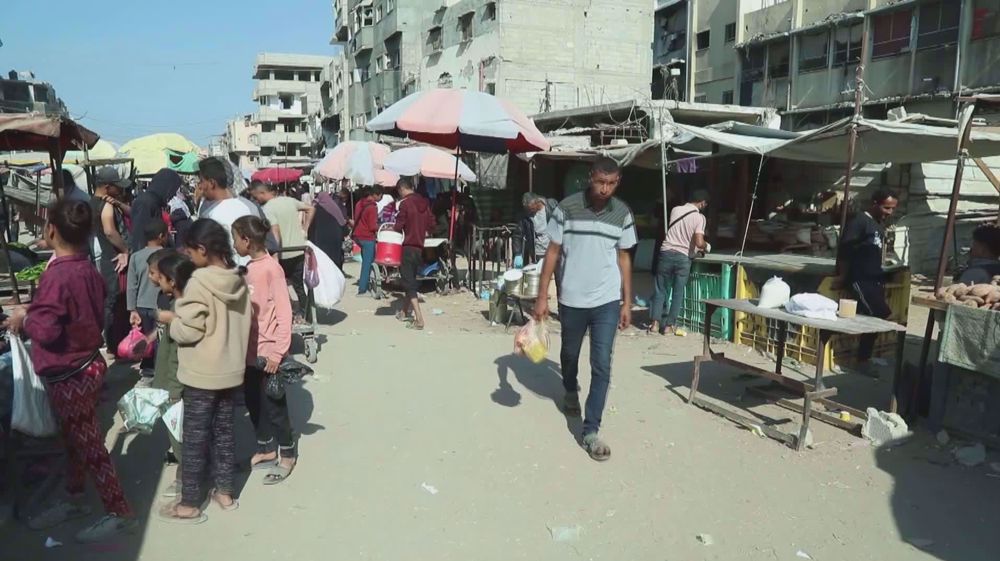Indian Muslims languish in jails without fair trial following 2020 New Delhi riots
Munawar Zaman
Press TV, New Delhi
It’s another ordinary day for Shavina Khan and her family living in the eastern part of New Delhi. The family members start their day by reading their father's letters, which he writes in jail, pleading his innocence regarding the riots that broke out in New Delhi back in February 2020. The violence claimed dozens of lives, shattered many families, and destroyed their property. Salim was arrested during the communal riots in the Indian capital, which claimed 53 lives, mostly of Muslims.
Another activist and mother of jailed student Umar Khalid says Muslims are now treated like terrorists in their own country. She said all the charges against his son are politically motivated and a deliberate attempt to demonize Muslims. She says the so-called Unlawful Activities Prevention Act, which is a draconian legislation amended in 2019 by the ruling BJP, allows authorities to declare an individual a terrorist and keep them in detention without trial for months or even years.
She says her son spoke out against the unjust government policies and discriminatory laws such as the new citizenship law, which targets Muslims in particular. He questioned the government’s approach towards Muslims and their rights.
Umar and Salim are not the only victims languishing in jails without trial. Activists and critics accuse the authorities of incriminating Muslim community members of a crime they have not committed. Based on a report by human rights groups, police investigation into these cases have been marked with bias, delays, inaccuracy, lack of proper evidence, and a failure to follow proper procedures.
Reports suggest that the Indian government has in recent years adopted various laws and policies that are discriminatory against the country's minorities. The ruling party is also accused of infiltrating the country's police and courts, empowering Hindu nationalists to threaten, harass, and attack religious minorities with impunity and crack down on any dissent.
VIDEO | Press TV's news headlines
Iranian satellites launched into space as private sector debuts in space industry
VIDEO | Iran, Azerbaijan conduct joint maritime rescue operations
VIDEO | Yemen’s Red Sea divide: Naval forces block Israeli-linked ships in strategic ‘parting of the water’
VIDEO | Southern Gaza: Israel’s facade for famine and suffering
VIDEO | IOF hampering humanitarian aid
VIDEO | Sharmahd: Justice Done
Iran repeatedly warned Israel not to test its will: FM









 This makes it easy to access the Press TV website
This makes it easy to access the Press TV website